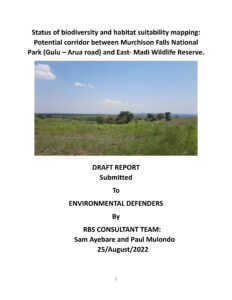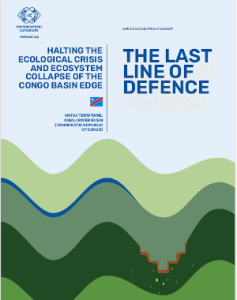Resources
Environmental Defenders (ED) create common knowledge and share experiences as tools for social transformation.
From storytelling in podcasts to interactive maps and reports, ED contributes to activist research and diversifying representation.











